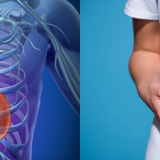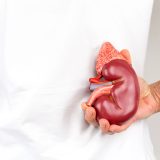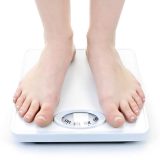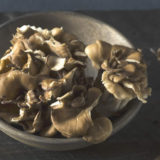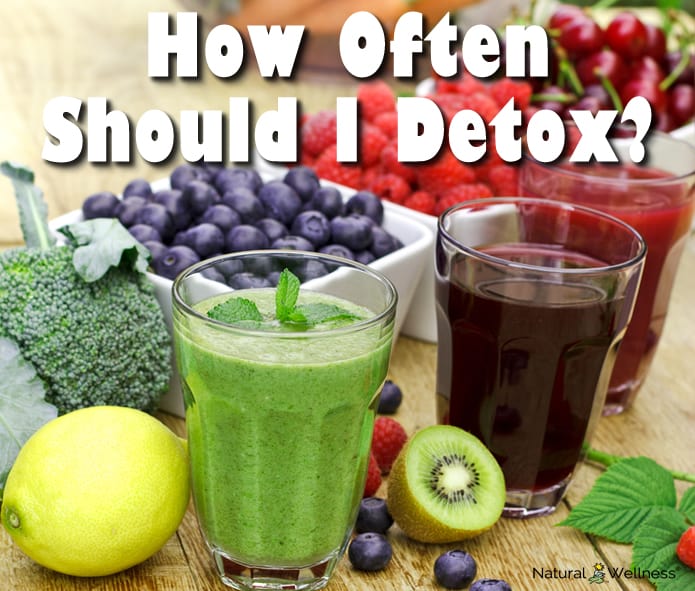

Detox diets are popular because many people report losing weight and feeling more focused, refreshed and energized after following them.
Most physicians maintain that the kidneys and liver do an efficient job of cleaning toxins and waste from the body, and that people feel better simply because they removed high fat, high sugar, high salt, and processed foods from their diets for a period of time – but isn’t that the point?
How Many Times a Year Should I Detox?
Those who support detox diets suggest doing one four (4) times per year – usually with the changes of the seasons. If you can’t handle four per year, it is suggested to do a detox at least twice – in the fall and spring.
Most serious detox plans call for a minimum of 7-14 days. There are, however, ways to do mini detox sessions as well, including one day per week or three days per month.
Even stopping eating by sundown is a way of letting the body rest while the natural detoxification processes do their work.
Signs a Detox Is in Order!
Symptoms that you need to do a detox include:
- frequent fatigue
- constipation
- brain fog
- overall lack of focus
- depression
- and sleep disturbances.
Being overweight, suffering from frequent and unexplained headaches and/or muscle soreness and stiffness for no reason are also symptoms.
Skin conditions and rashes along with allergies and sensitivities can also indicate it is time to do a detox.
What Does a Detox Involve?
A detox typically involves a period of fasting, often followed by a period of adhering to a strict diet of raw fruit and vegetables designed to remove waste and toxins from the body.
Most of these diets include fruits and vegetables that support kidney and liver health, offer probiotic and antiviral properties, and are high in fiber to clean the colon.
While many detox diets involve the use of herbs to support the kidneys and liver, many unfortunately call for the use of laxatives, enemas, or saline solutions to clean the colon.
Detox diets that involve long-term fasting can often result in fatigue and headaches as a result of starvation or poor nutrition, even in the short-term.
Detox diets are also notorious for failing to provide enough protein for normal cellular function.
How to Detox Safely
One solution to detoxing safely is to avoid outright fasting and use fruit and vegetable smoothies and drinks to provide fiber, vitamins and minerals, and overall nutrition while removing processed foods, fat, and processed sugars from your diet.
Revitalizing our system through detoxification is an ongoing process that the kidneys and liver perform without our help. But for those who wish to boost the effectiveness of these functions through detoxification, ensuring proper nutrition is vital.
Editor’s Note: Read “Have You Heard of Birch Water for Detox?” and learn why water with lemon and supplementing with Liver Support & Detox are great ways to detox.

